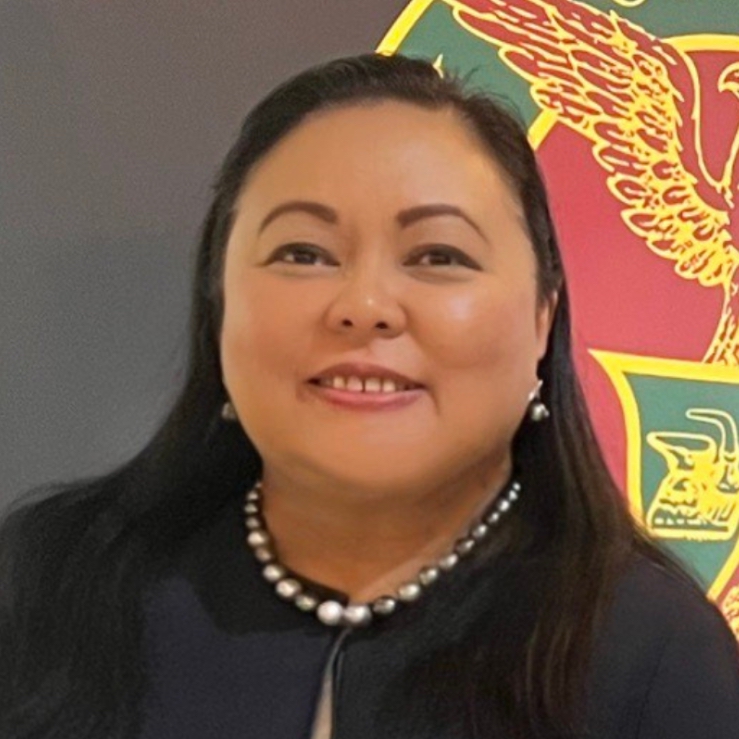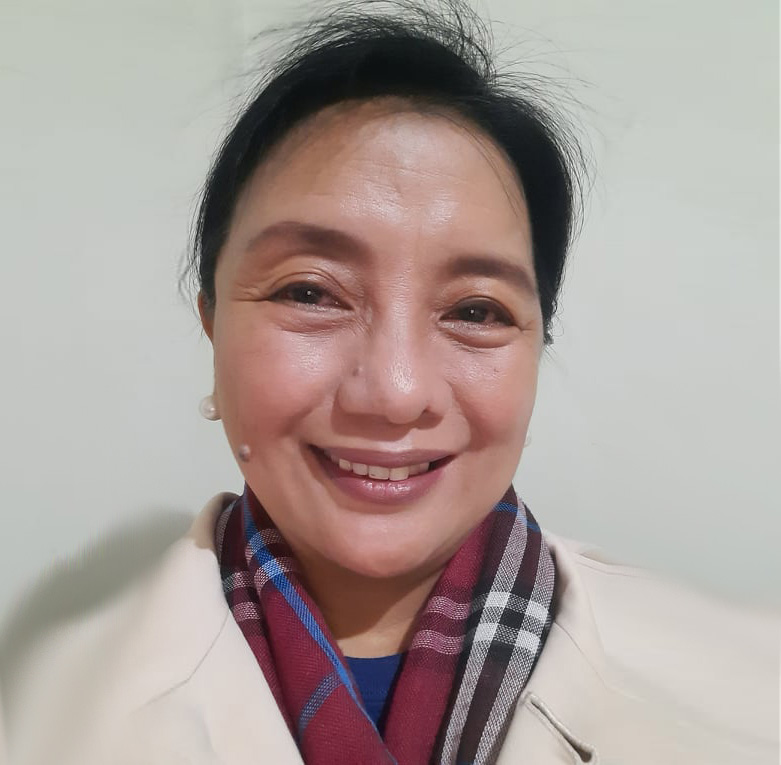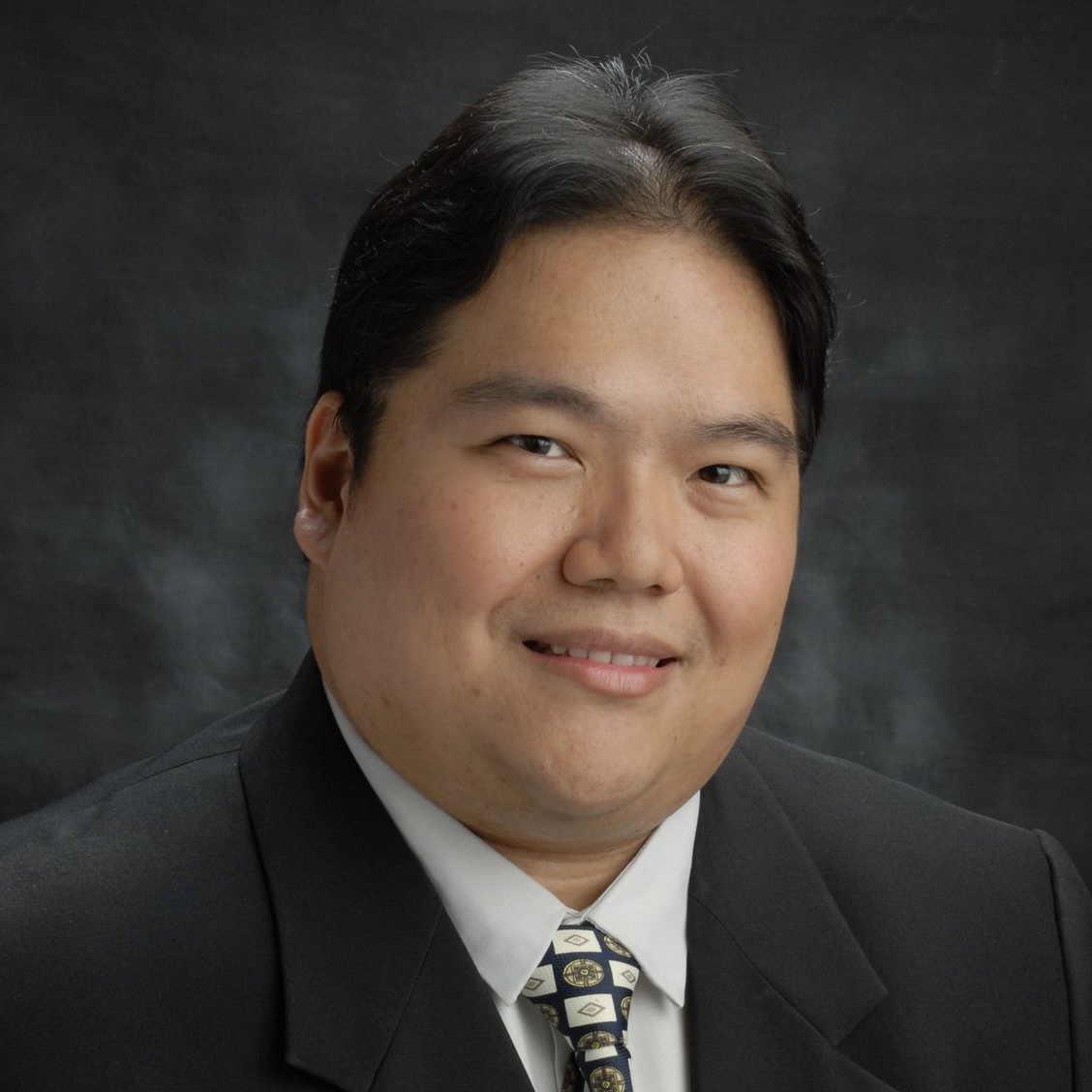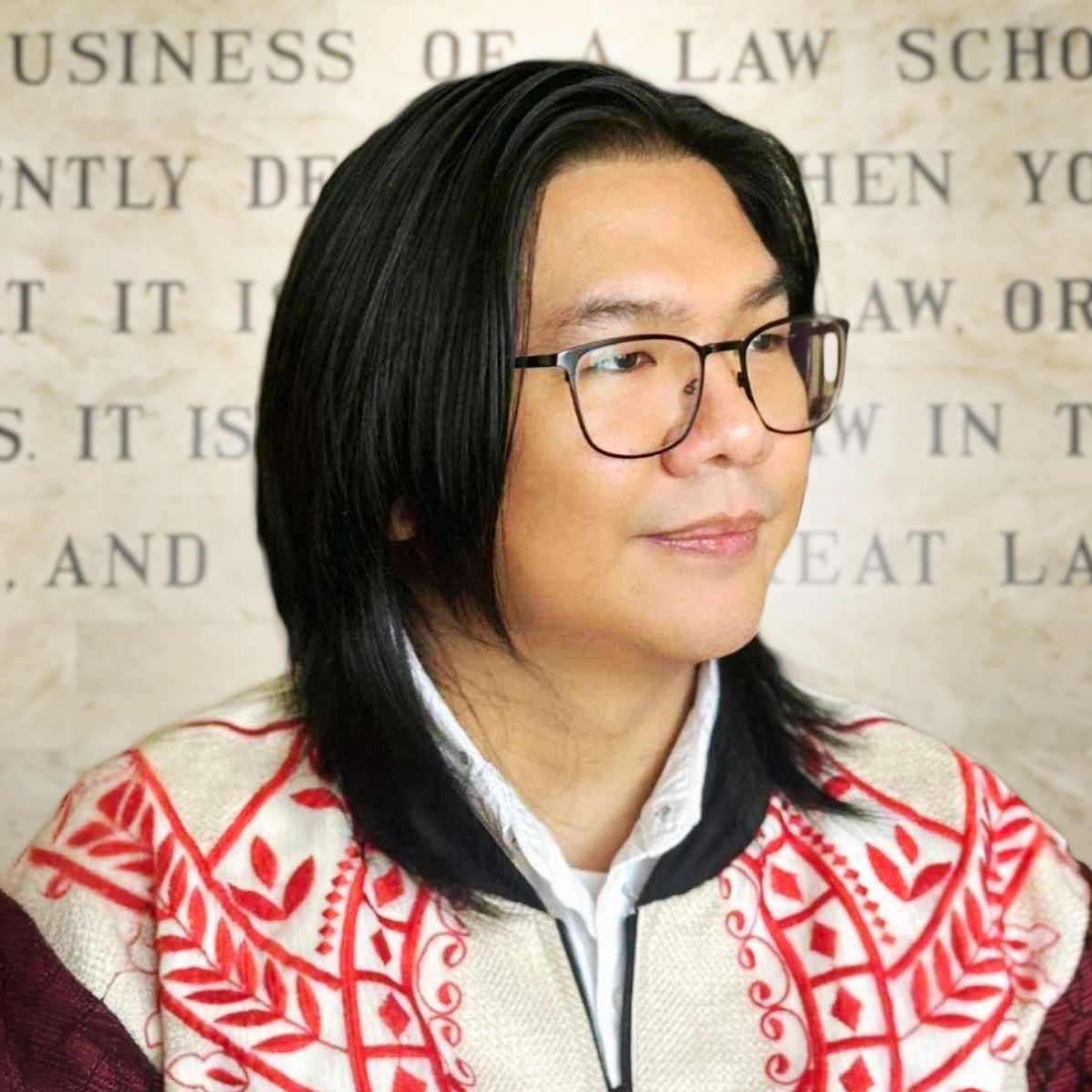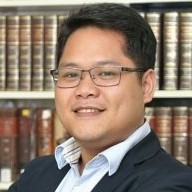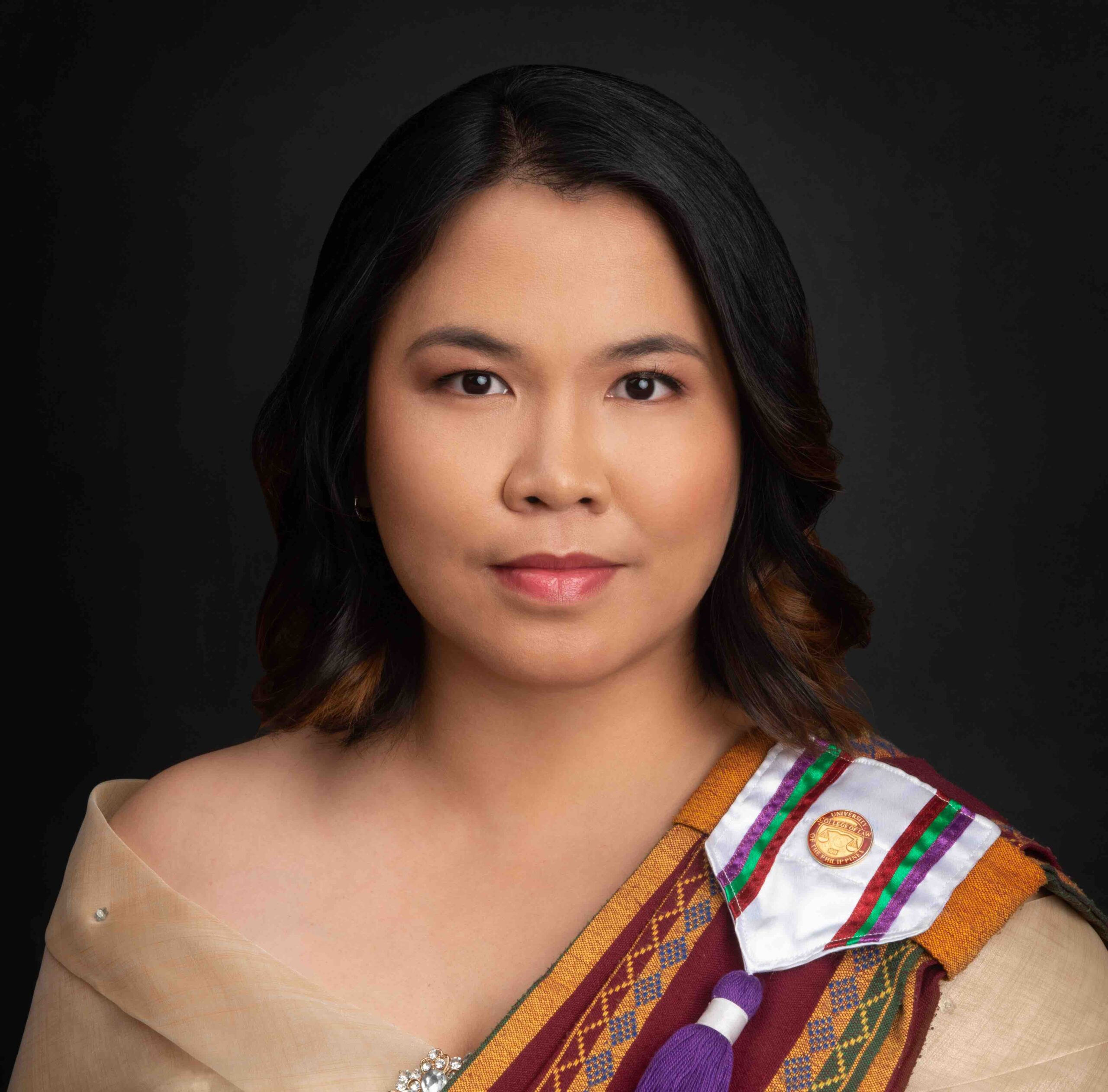DISABILITY EQUALITY AND JUSTICE PROGRAM (DEJP)
Empowering Persons with Disabilities to Shape a Just and Inclusive Society
The Disability Equality and Justice Program (DEJP) is committed to advancing the human rights of persons with disabilities by fostering their full participation in society, promoting dignity, and ensuring meaningful inclusion in all spheres of life. Rooted in the principles of the UN Convention on the Rights of Persons with Disabilities (UNCRPD) and national laws like the Magna Carta for Disabled Persons, DEJP aims to empower persons with disabilities to exercise their rights and overcome the systemic barriers that hinder their full participation and development.
At the core of DEJP’s work is the belief that true development for persons with disabilities can only be achieved when they have the capacity to access and enjoy their human rights—free from discrimination, neglect, or exclusion. The program tackles critical issues such as accessibility, employment, education, justice, and healthcare, while advocating for transformative legal, social, and policy changes that prioritize equality and justice.
Through comprehensive legal research, policy development, and capacity-building initiatives, DEJP addresses the critical gaps in disability rights protections. These include assessing the concepts of legal capacity, eliminating discriminatory practices in employment, breaking down barriers to legal and social services, ensuring accessible education, and strengthening judicial systems to support the rights of persons with disabilities. DEJP actively engages with persons with disabilities to ensure that their lived experiences and perspectives guide these interventions, ensuring that solutions are rooted in their realities and aspirations.
By actively advocating for legislative reforms and drafting policy recommendations, DEJP seeks to transform laws, structures, and systems to reflect a society that values the contributions of all its members. The program’s work is grounded in a critical analysis of the current context, emphasizing the need for persons with disabilities to be at the forefront of decision-making processes that affect their lives. This participatory approach ensures that interventions are not only effective but also responsive to the unique challenges that persons with disabilities face.
Collaboration with national and local government agencies, civil society, and the disability community is essential in building a more inclusive society where persons with disabilities can thrive. By amplifying the voices of persons with disabilities, DEJP strives to create a society where all individuals—regardless of ability—are empowered to fully exercise their human rights, free from discrimination, and with equal opportunities for a better quality of life.

